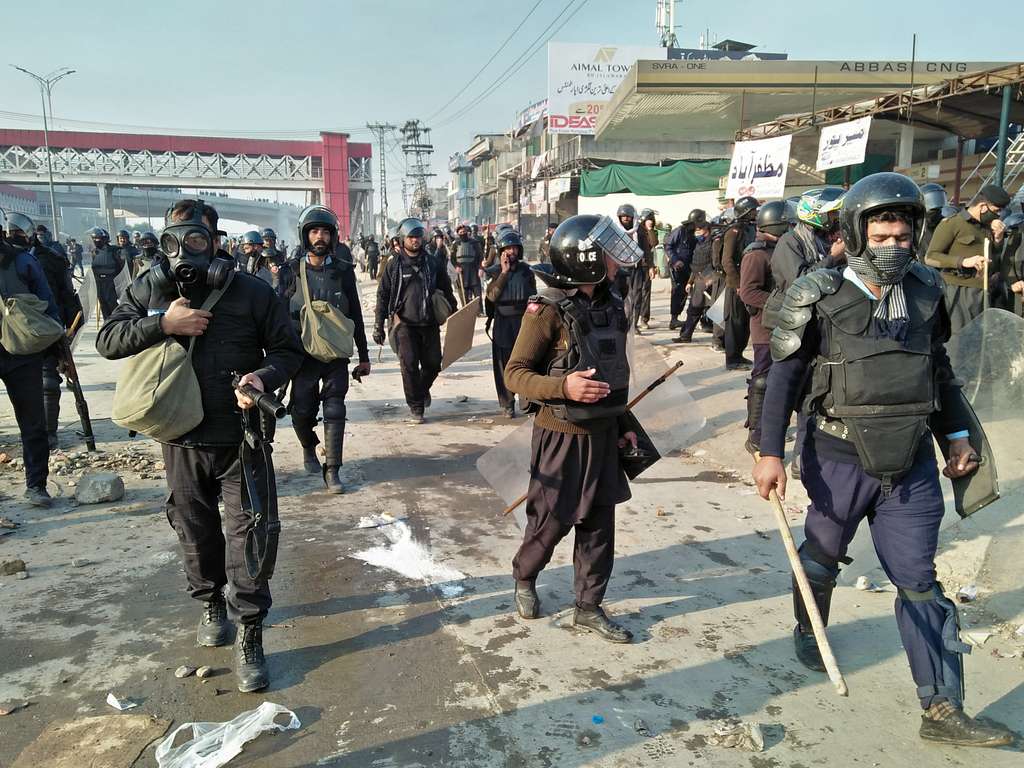David Remes on Ramadan at Guantanamo
Habeas laywer David Remes writes in with the following thoughts on Ramadan at Guantanamo:
In her story on Ramadan fasting in Guantanamo, which you blogged about on August 6, Carol Rosenberg quoted Navy Commander Tamsen Reese, a public affairs officer, as saying that only about half the Guantanamo detainees fasted last year. I doubt this is so. I've had over two dozen clients since I began working on Guantanamo cases many years ago.
Habeas laywer David Remes writes in with the following thoughts on Ramadan at Guantanamo:
In her story on Ramadan fasting in Guantanamo, which you blogged about on August 6, Carol Rosenberg quoted Navy Commander Tamsen Reese, a public affairs officer, as saying that only about half the Guantanamo detainees fasted last year. I doubt this is so. I've had over two dozen clients since I began working on Guantanamo cases many years ago. I've visited my clients dozens of times. I visited them most recently in late July. In all this time, I've never had any indication that they or other detainees were violating Ramadan in any way, including by not fasting. Indeed, some of my clients have gone through periods of religious fasting outside of Ramadan, specifically, on Mondays and Thursdays, which Islam designates as days of non-obligatory fasting. Detainees ask their lawyers not to visit during Ramadan. Lawyers try to honor these requests, but sometimes Ramadan visits are unavoidable. When I've met with clients during Ramadan, I've sometimes forgotten that they were fasting. As usual, I brought them food that they love but can't get in the prison. To a man, they've refused the food. Some who agreed to meet me despite Ramadan have been too weakened from fasting to have a productive meeting, and our meetings had to be terminated. Most of the men at Guantanamo grew up in an environment permeated by religion and religious ritual. Few Westerners, raised in secular societies, can begin to comprehend the defining role that faith plays in their daily lives. My clients have told me that only their faith has allowed them to endure their Guantanamo nightmare. Men who were not devout when they came to Guantanamo became devout after they arrived. Religion proved to be the ultimate way to cope with their captivity. And as Ahmed Ghappour, a detainee lawyer and a Muslim, noted in Carol's story, there may be religious reasons for not fasting on Ramadan. The Koran prescribes prayer five times a day. When prayer time comes, all movement stops, the plaintive, melodious call to prayer echoes throughout the camp. The call to prayer is beautiful and moving, but it's also haunting, because the men are praying in captivity, half a world away from home, separated from their families and all they know and hold dear. This Ramadan, their tenth at Guantanamo, will surely be the most poignant yet. Their Eid celebration, which follows, will be the most bittersweet.
Benjamin Wittes is editor in chief of Lawfare and a Senior Fellow in Governance Studies at the Brookings Institution. He is the author of several books.





